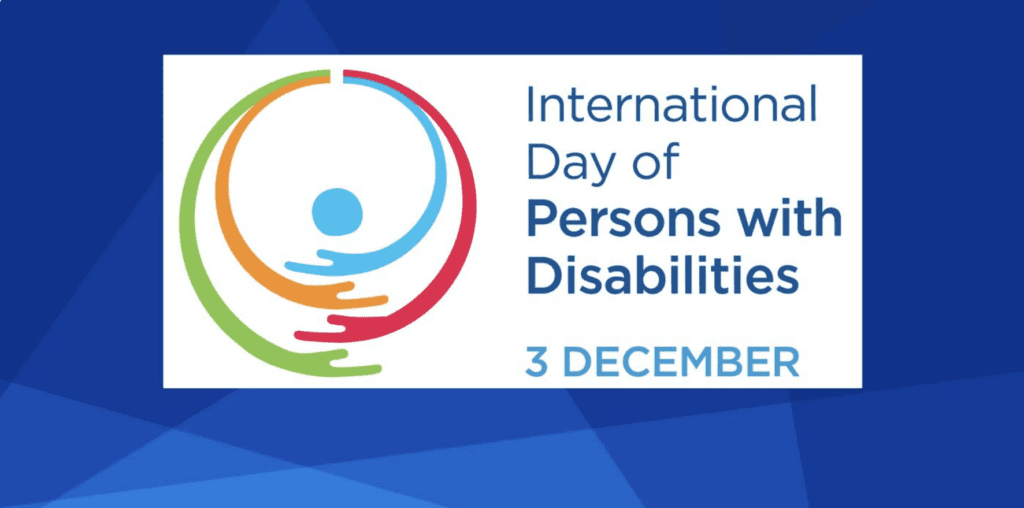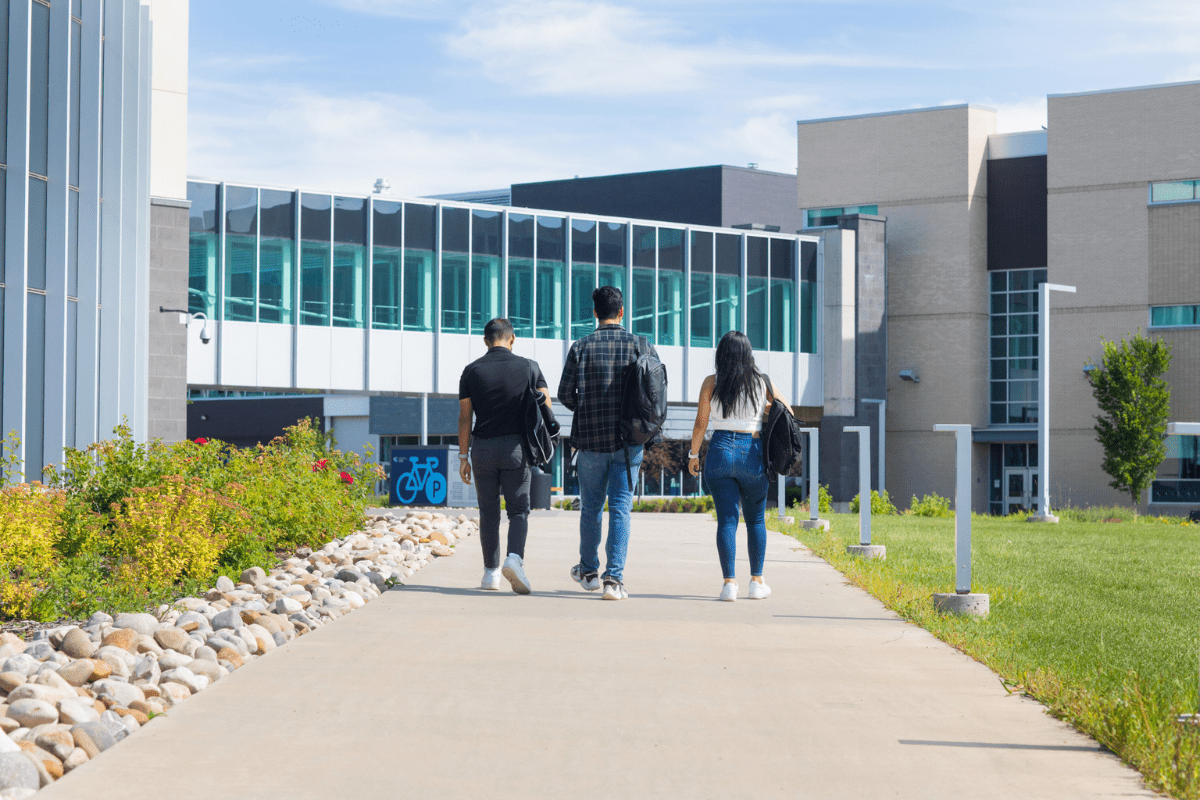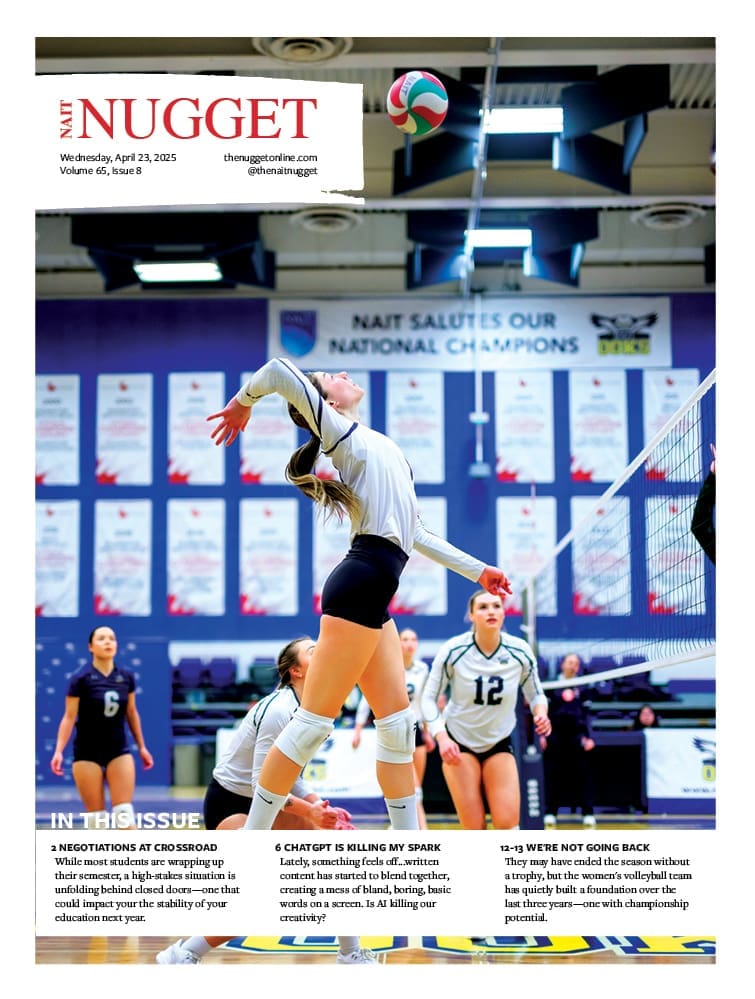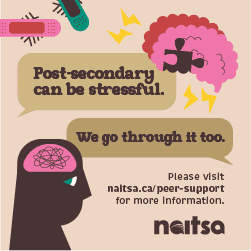In 1992, the United Nations recognized the need for equity and justice as it pertains to people with disabilities and thus launched the official International Day of Persons with Disabilities (IDPD) to take place on December 3rd of each year. Equity is the understanding that every person has different needs to reach the same goal. NAIT also understands the need for an equitable and accessible campus and has made 2022 the first year that they will be celebrating and raising awareness for this issue.
With this event, NAIT aims to promote an understanding of disability issues and mobilize support for the dignity, rights and well-being of persons with disabilities. In the 2021-22 year, NAIT had a reported 1254 students who identified as having disabilities. This doesn’t account for all of the unreported cases, which would bring that number closer to 9,713–the number of accommodations and services provided to students with disabilities that year.
The global observation of IDPD in 2022 will follow a theme of three different interactive dialogues based on transformative solutions for inclusive development in employment, reducing inequality and inclusive development. The overall theme for the week focuses on “the role of innovation in fuelling an accessible and equitable world.”

According to NAIT Accessibility Coordinator, Gifty Amakye, disabilities are a systemic issue and the environment has a big impact on how disabled one may be. Gallaudet University in the United States is a post-secondary institution for deaf individuals. “If NAIT was an institution like Galludet, we would all be experiencing disability. Suddenly now this concept of disability has changed. It’s not in the individual—the environment has changed.” When the environment itself is adapted to be more accessible, things are not as disabling for the individual person.
Even for those currently without disabilities, circumstances can change and they might need to access services or face barriers that previously weren’t a challenge. “In a moment somebody’s life can be changed and suddenly what they used to be able to access, they’re unable to access anymore,” said Amakye.
Instead of waiting for barriers to be challenged, NAIT aims to pre-emptively remove them to support all students and staff. “So what I see happening at NAIT is that we’re proactive about this. Not waiting for individuals to say: ‘Hey there’s a barrier here, can you do something about it?’ We’re just removing the barriers altogether and ensuring things are fully accessible. That way somebody doesn’t have to go through something to then suddenly have to request access. They would just have access [that’s] already there.”
Approximately 50 per cent of students accessing services for their disabilities were requesting exam accommodations. “People require extra time to demonstrate their knowledge for various reasons,” said Amakye. Some of NAIT’s programs have noticed this and in turn, extended their exam lengths. Traditionally, students would have to ask for this sort of accommodation. But by addressing accessibility at a systemic level, ownership is removed from the student thus preserving their dignity.
The COVID-19 pandemic also gave people without disabilities a glimpse into what those who have them may experience throughout their whole lives. “The pandemic drove us to very quickly make things accessible. Suddenly the things we thought were so hard to do [we were able to find a solution for].” Amakye says the world turned to individuals with disabilities for their experience, knowledge and expertise as individuals who have had to navigate an inaccessible world for these innovations. “Accessibility is almost always driven by individuals who experience these barriers.”
Accessibility at NAIT can focus on a student’s physical or mental needs: from wave entry doors and wheelchair ramps to accommodations like an interpreter or counsellor. NAIT provides sitewide access to text-to-speech assistive technology called “Read & Write” as well as resources and support for those with disabilities. “It’s about ensuring that everyone has an equal or equitable opportunity to pursue a post-secondary education,” said Amakye.






